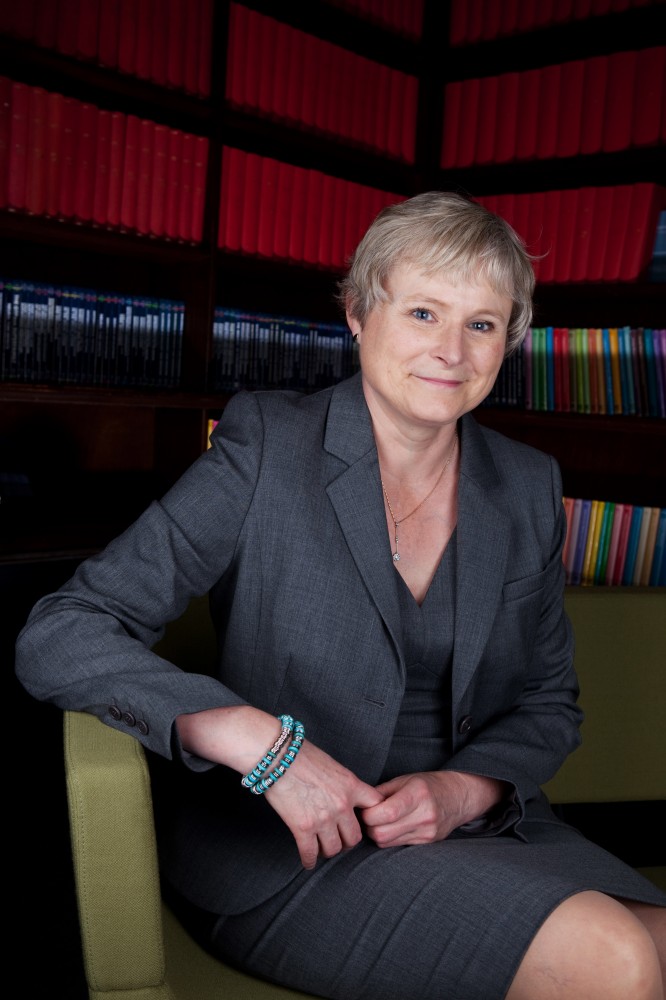Deborah Ashby is an Academy Fellow and Professor of Medical Statistics and Clinical Trials at Imperial College London.
Every medical treatment has potential benefits, but also risks. Weighing up these benefits and risks is often one of the most difficult decisions doctors and patients face.
If you’ve got an immediate problem, for example requiring surgery or a sharp pain that can be treated with morphine, it’s an easy decision. If you’re deciding on a course of treatment in the early stages of a disease – where the benefits or risks are long-term – then it’s a much harder decision.
Let’s look for example at the drug trastuzumab, which is used in the early stages of breast cancer.
A trial shows its benefit – a reduction after two years in the number of recurrences of cancer from 22 per cent down to 14 per cent.
But at the same time, its brings a ten-fold increased risk of serious heart problems - from six in 10,000 patients to six in 1,000.
What would you do?
Personally, I’d take the drug because I worry more about breast cancer than heart problems. And in hard numbers more women will benefit than suffer the risks. But, based on the same evidence, another woman might make a different call.
Compare this to the various drugs for weight loss. The benefits are generally only modest – producing a five to ten per cent reduction in body weight. And the risks can be serious – psychiatric problems, heart disease or stomach problems.
Whether a patient is prepared to take those risks is highly personal. Some patients are far more tolerant of the risks, others completely risk averse.
This is about individuals making decisions. The bigger picture is the government making decisions about which drugs to make available in the first place.
The work I’m involved in provides the formal methods – the statistics – for those decisions. My team has also carried out surveys with patients to understand the benefits they value most and the side-effects they are least willing to risk.
I’ve been working with the Academy of Medical Sciences for several years and I became a Fellow in 2012. I’ve been able to use my work on the benefits and costs of treatments to feed into Academy reviews on the governance and regulation of medicines and, more recently, on the best use of evidence.
I’m really proud that I have taken maths and statistics, which I love, and been able to use them in such a variety of areas to make a real difference to people’s lives.
Risk-benefit decision-making remains a difficult area but the more we understand about patients and their attitudes, the better equipped we are to make those decisions and trade-offs.

Professor Deborah Ashby is a Fellow of the Academy and an Academy mentor . She attended the BBC showcase for Academy women experts and is a supporter of SUSTAIN.
To find out more about best using evidence to judge the potential benefits and harms of medicines go to our dedicated microsite: how can we all best use scientific evidence?
To find out more about supporting the work of the Academy, please see our dedicated support us webpage .